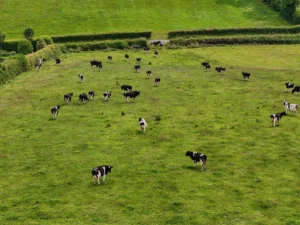
Cattle, greenhouse gases and the case for better methane metrics
Why the global warming potential of methane emissions from cattle production needs a closer look
Have a valuable resource to share? Submit a link to info@worldwithoutcows.com —let’s grow this conversation together!
Through conversations with experts in environmental and agricultural science, former journalists Michelle Michael and Brandon Whitworth examined the cultural, economic, nutritional and environmental impact of cows around the world — and the possible repercussions of their absence.
In their search for the facts behind often-oversimplified debates, Michelle and Brandon discovered that while cows account for 5–7% of global greenhouse gas emissions (according to the Intergovernmental Panel on Climate Change), they also:
The science behind the story of World Without Cows is critical to sparking meaningful discussions that drive real change — and benefit — for all.
Together, we can consider what is truly at stake when we ask: Are we better off in a world without cows?
Download our one-page key findings document and check out our World Without Cows Resource Wiki.

Why the global warming potential of methane emissions from cattle production needs a closer look
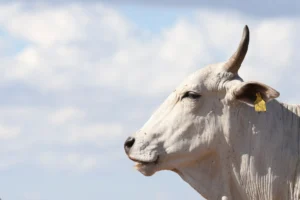
At COP30, the world’s eyes are on Brazil, and the cattle ranchers leading a global transformation.
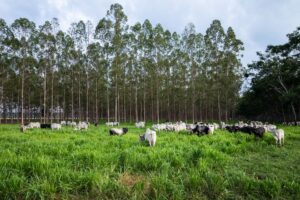
Restoring 40 million hectares of pasture could feed billions and ease pressure on the Amazon. Is the world paying attention?
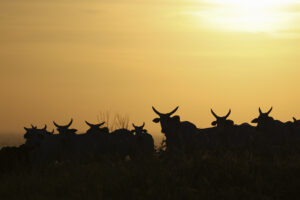
New mini-doc explores deforestation, food security and the Brazilian cattle sector’s path to a more sustainable future
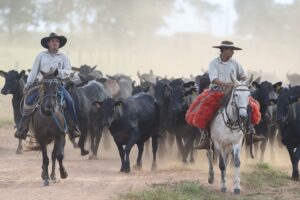
Mention Brazilian beef, and you’re likely to spark discussion about familiar themes: deforestation, emissions and blame. What do we find when we dig deeper? Here are the answers to five top questions about Brazil’s role in protecting the Amazon and feeding the world.
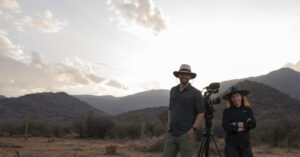
From science to the big screen: Discover how a single question grew into a global journey.
As climate change intensifies and the world’s population continues to grow, the pressure on our global food production system mounts. You can play an active role in shaping a more sustainable planet for future generations. Fill out the form below to learn more about how you can partner with us.
Receive notifications about the release date, new online content and how you can get involved